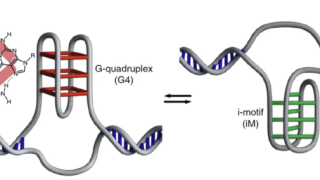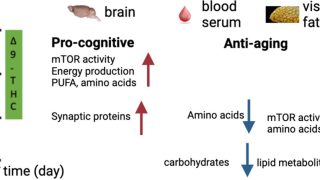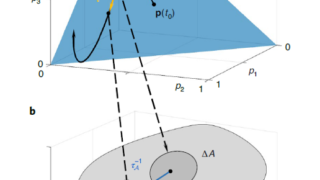
Father’s lifestyle choices before conception influence the health of his future children
Can a father’s lifestyle choices before conception influence the health of his future children? New research reveals that environmental factors affecting fathers can leave molecular footprints in embryos, shaping development and potentially impacting long-term health. Epigenetic inheritance For decades, scientists believed that inheritance was controlled exclusively by DNA sequences passed from parents to offspring. Today […]








